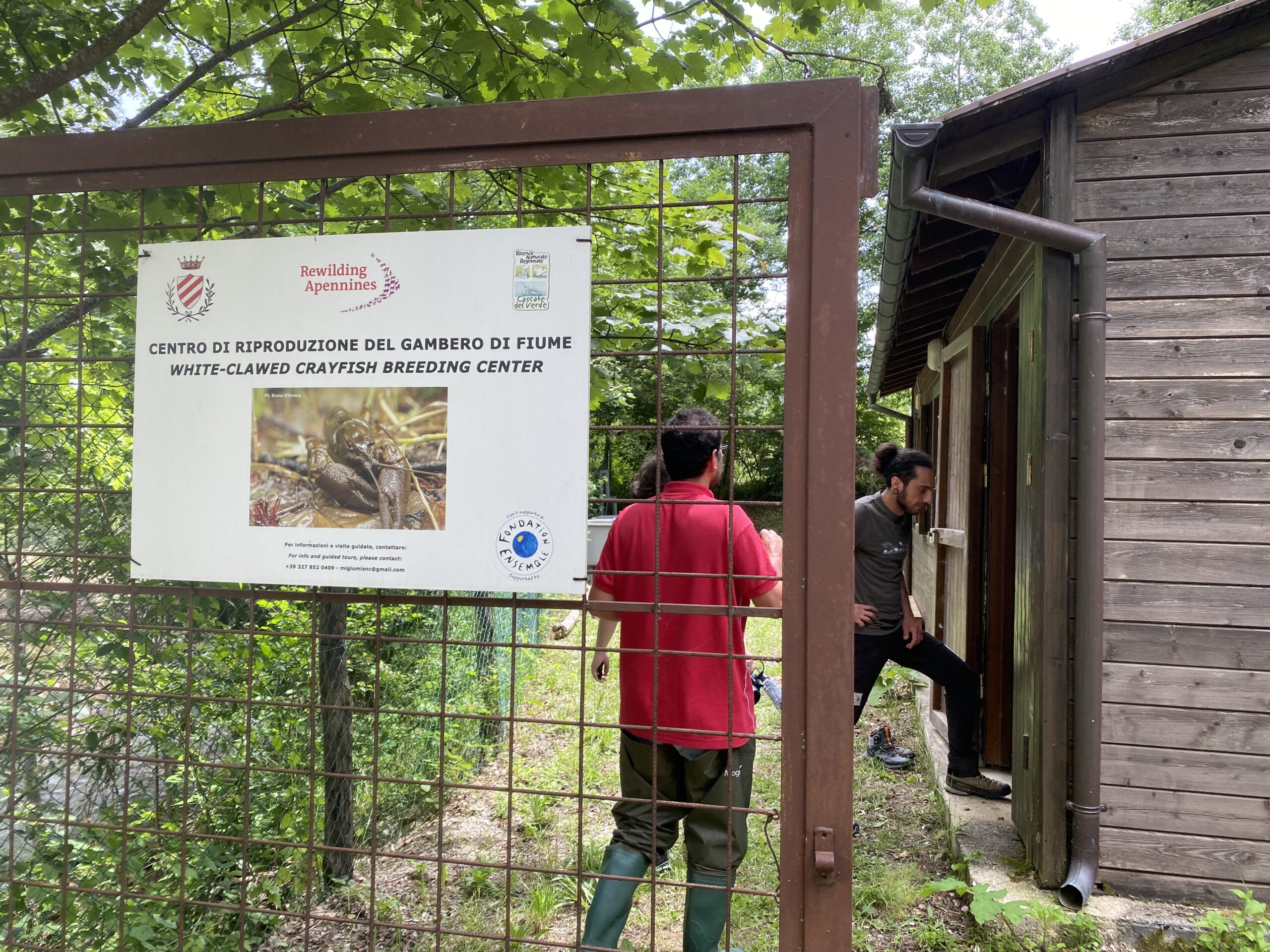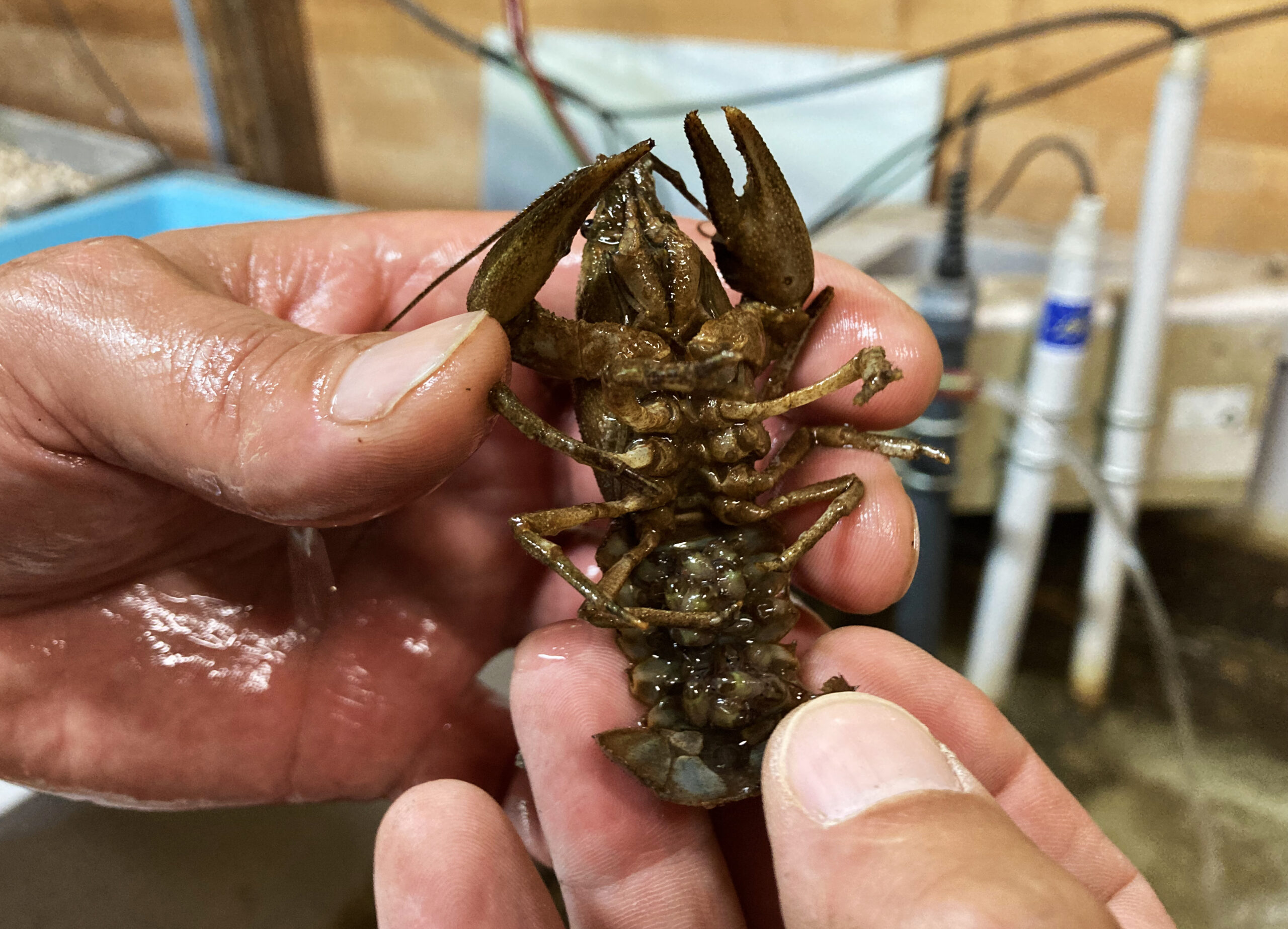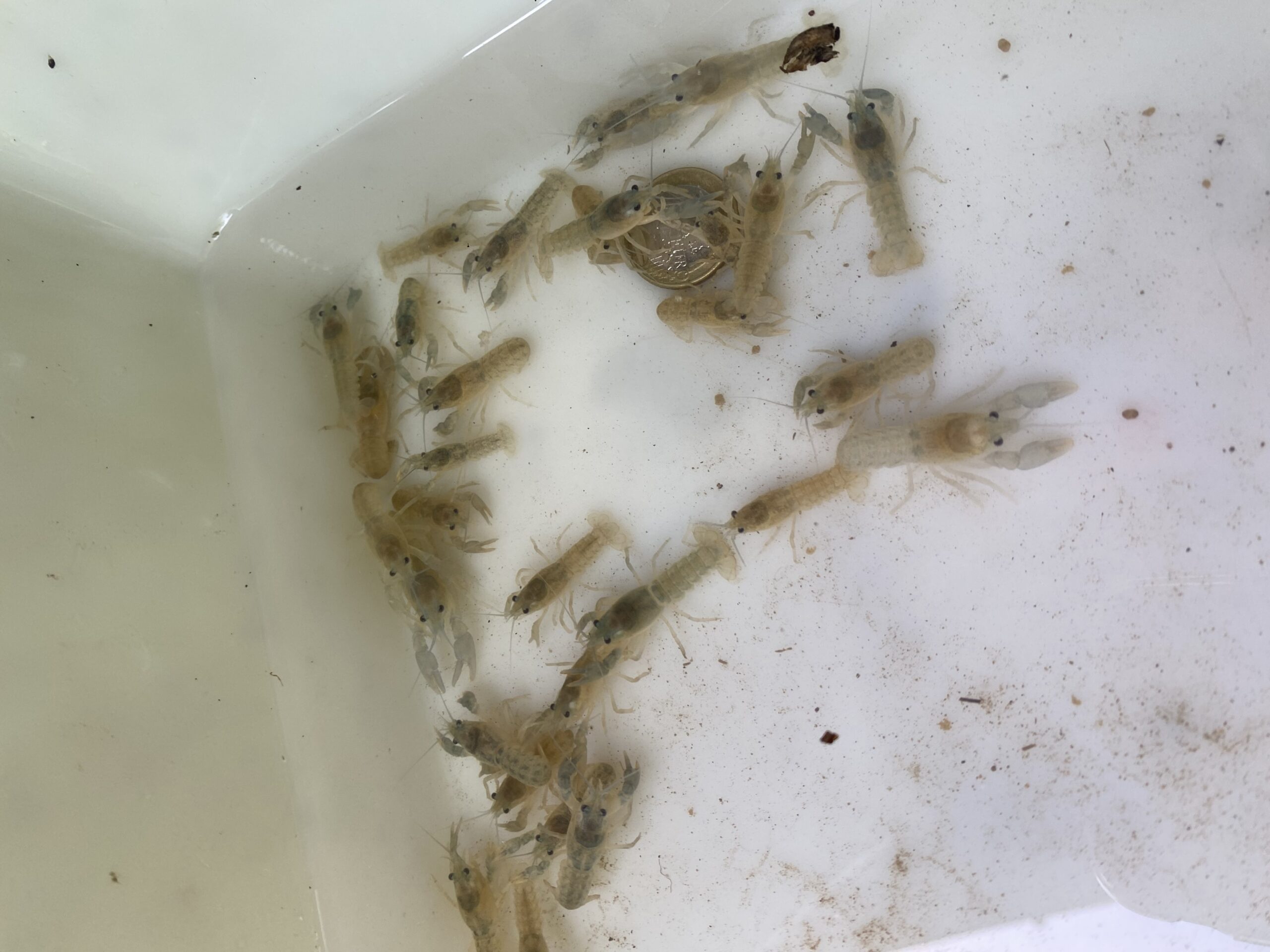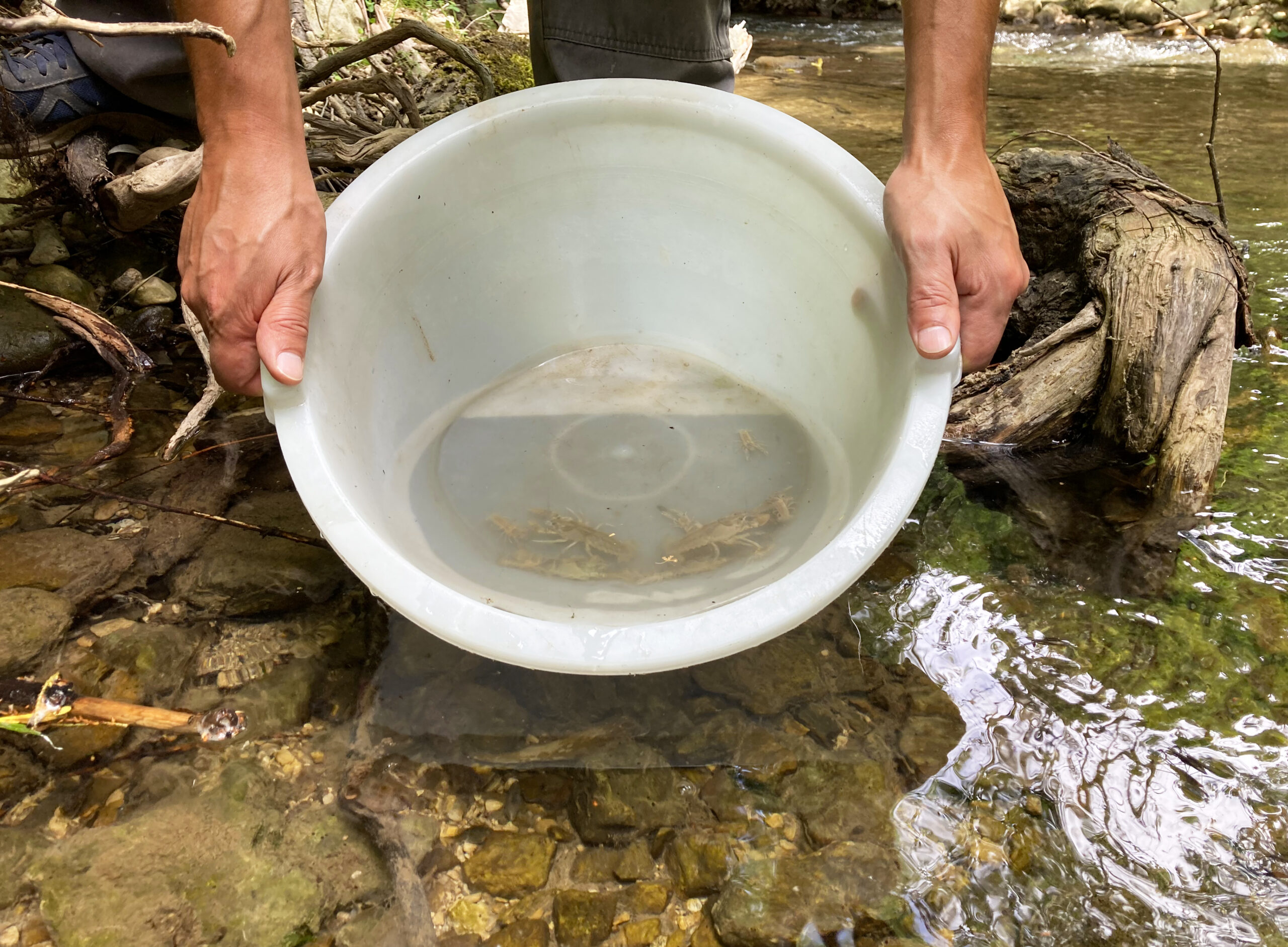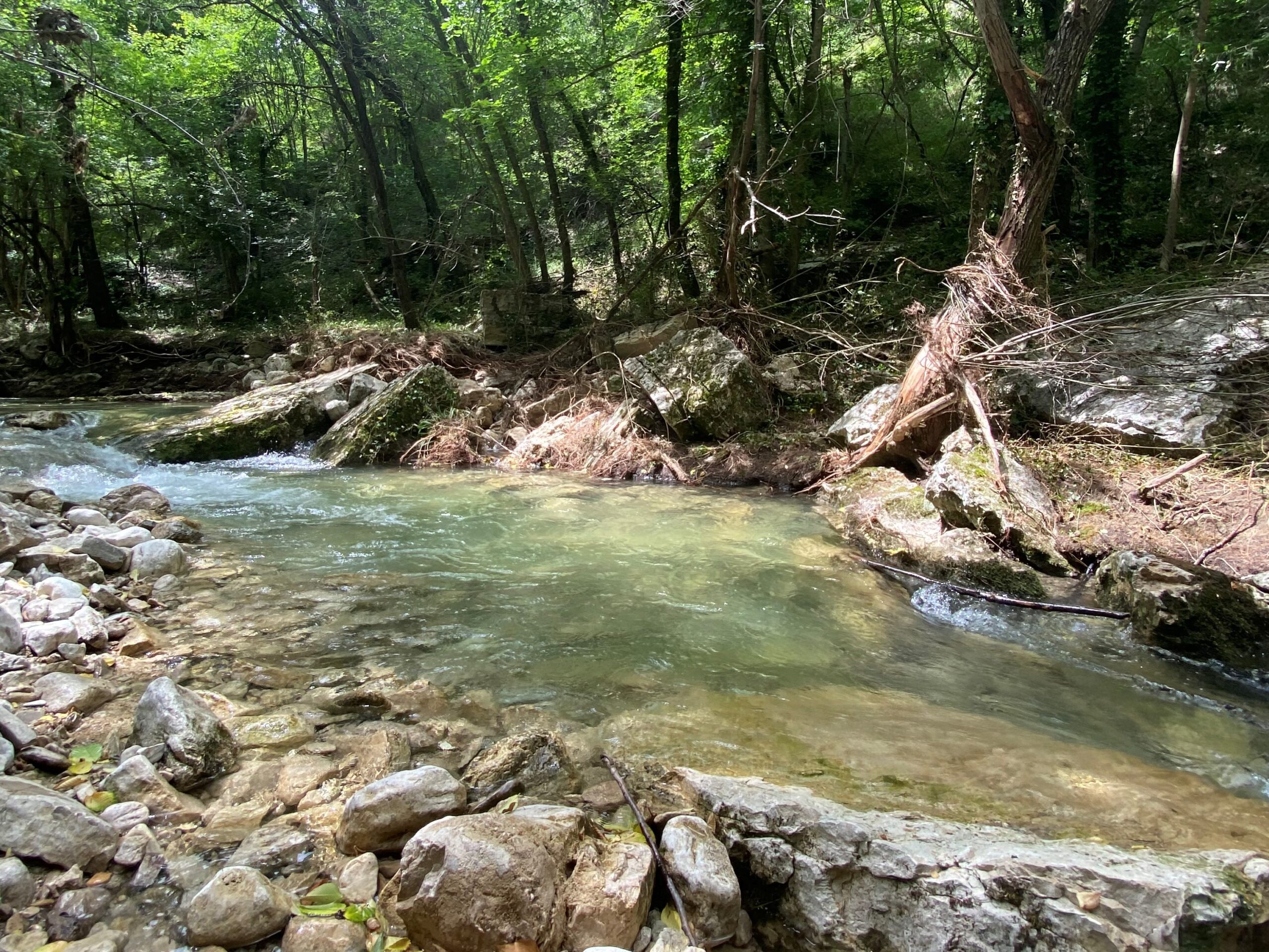Earlier this summer, nearly 400 juvenile crayfish were released into the Verde River in the Central Apennines rewilding landscape in Italy. This is good news for this threatened species and will help to enhance the condition of the river and local ecosystem.
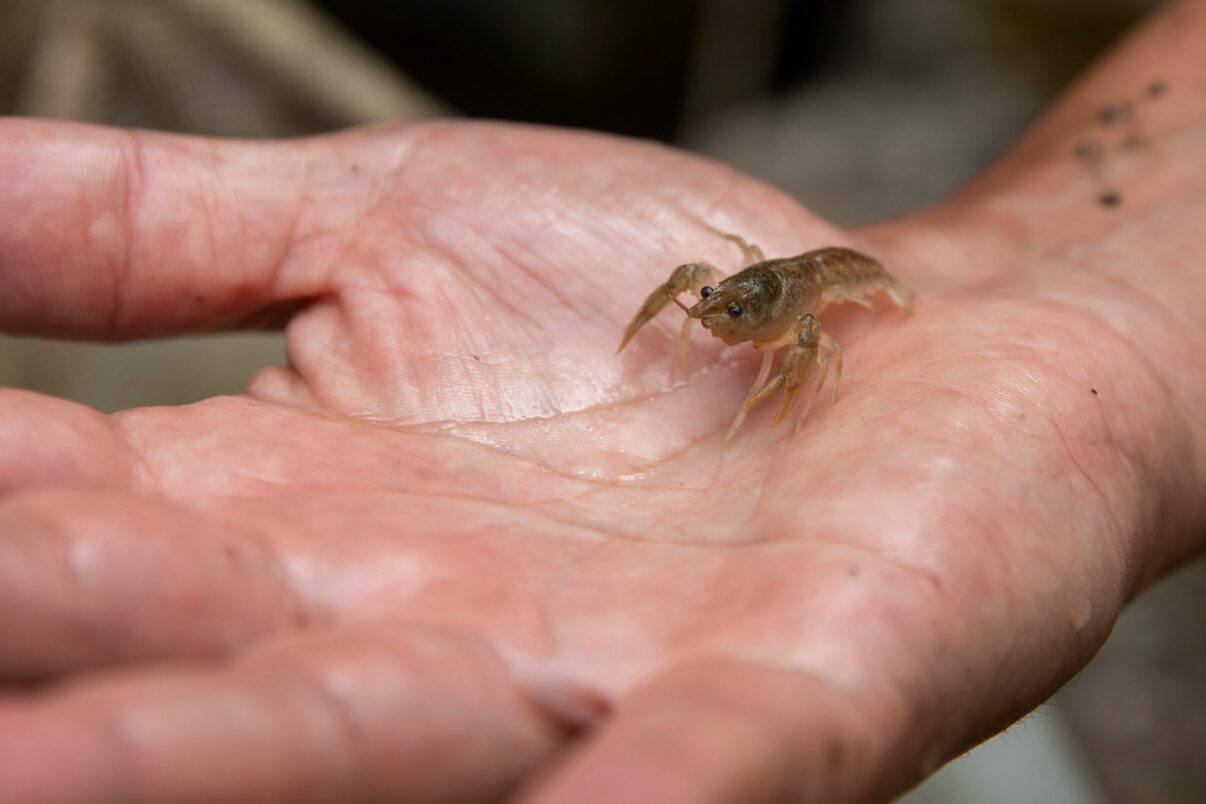
Towards wilder rivers
The white-clawed crayfish, which is found in freshwater ecosystems from the Balkans to Spain, and as far north as the United Kingdom, is considered a keystone species. It is an important food source for animals such as otters, fish and birds, while it helps to maintain balance within invertebrate communities as it predates on smaller animals. It also helps to keep water bodies clean by feeding on decaying matter. Sadly, it is in decline across much of its range, facing an array of threats including poaching, disease, competition with invasive species, and climate change.
It is great news, therefore, that 387 juvenile white-clawed crayfish were released by the Rewilding Apennines team and partners into the Verde River, in the Cascate del Verde Nature Reserve, in June. The juveniles were raised in a breeding centre near the town of Borrello, located in the eastern part of the Central Apennines rewilding landscape. The operation, which was overseen by centre manager Giuseppe Di Renzo, was postponed several times due to heavy rains – releasing the animals into fast-flowing water would have risked them being washed away.
“This new generation of white-clawed crayfish will help to restore the functionality of the river and enrich local biodiversity,” says Rewilding Apennines team leader Mario Cipollone. “The release gives us hope that this small but ecologically important species can continue to make a comeback in the Central Apennines.”
Scaling up
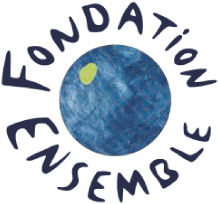 A positive feasibility study for the release of crayfish was carried out on streams in the Central Apennines rewilding landscape in 2020. This opened the door to the ongoing restocking programme, which is being supported by funding from French philanthropic foundation Fondation Ensemble. The programme will see further releases of juvenile crayfish over the next few summers in the Gizio, Romito, and Verde rivers. The breeding centre in Borrello already has 54 females with eggs which, if all goes well, will hatch in June next year.
A positive feasibility study for the release of crayfish was carried out on streams in the Central Apennines rewilding landscape in 2020. This opened the door to the ongoing restocking programme, which is being supported by funding from French philanthropic foundation Fondation Ensemble. The programme will see further releases of juvenile crayfish over the next few summers in the Gizio, Romito, and Verde rivers. The breeding centre in Borrello already has 54 females with eggs which, if all goes well, will hatch in June next year.
The funding from Fondation Ensemble has also enabled the creation of two new crayfish breeding centres in the towns of Morino and Pettorano sul Gizio, and these will soon begin operation. In addition to restocking, the centres will enable research into climate change impact and diseases such as crayfish plague, in collaboration with local health authorities.
The streams and rivers where the white-clawed crayfish are being released are free from invasive species, including the American signal crayfish, which can be a carrier of crayfish plague. In order to deter illegal poaching, which can also introduce the plague, the Rewilding Apennines team are making agreements with local sport fishing associations and fish wardens, who will monitor and safeguard the rivers. Climate change may lead crayfish to migrate upstream, where water temperatures are cooler, although further studies need to be carried out in this area.

